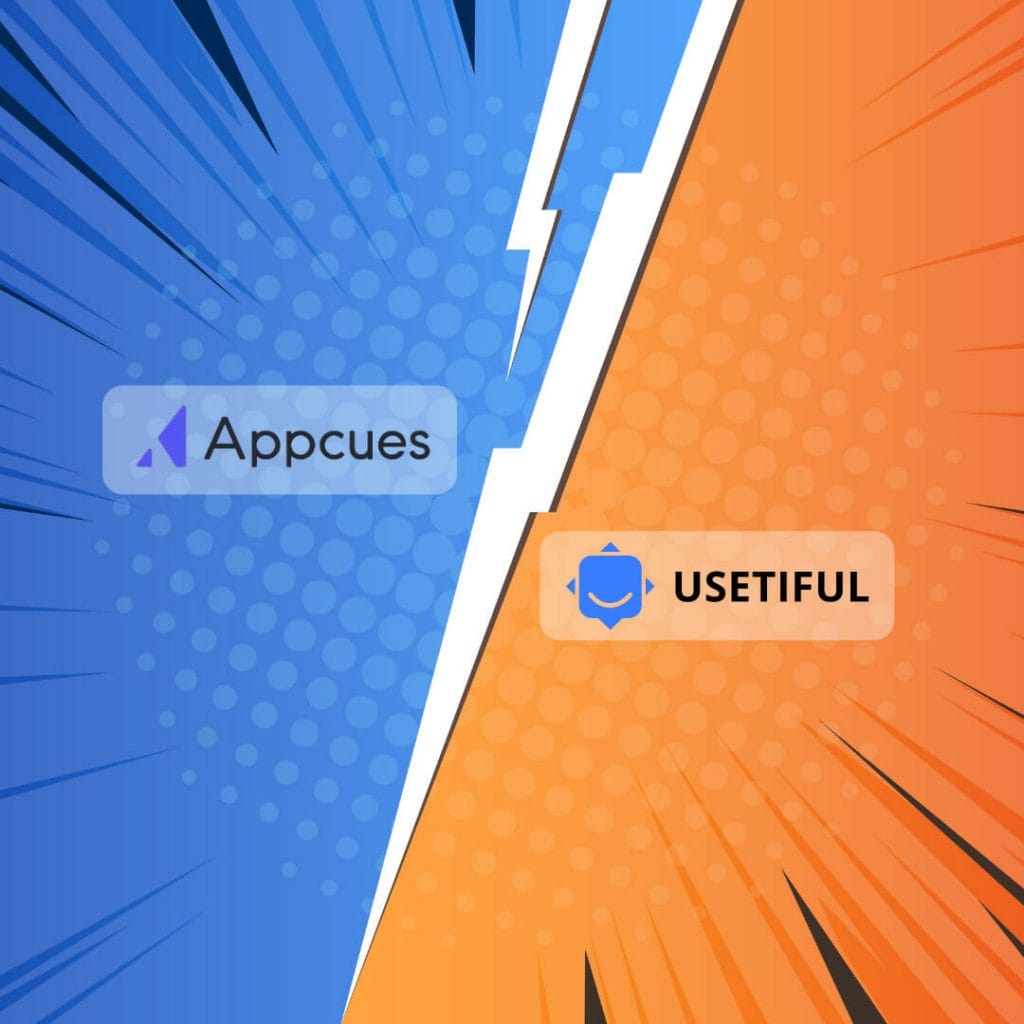Ghost and WordPress are two widely acclaimed content management systems (CMS) and blogging platforms that enable users to efficiently manage and publish content on their websites. As the online publishing landscape continues to evolve, it’s crucial for website owners to choose the right platform to suit their needs. This article will provide an insightful comparison between Ghost and WordPress, highlighting their key features, usability, customization options, and more.
WordPress remains the most popular CMS and blogging platform, powering millions of websites across the globe. Its open-source heritage affords users extensive customization possibilities through themes, plugins, and integrations. Meanwhile, Ghost has emerged as a modern, focused alternative with an emphasis on simplicity, speed, and a streamlined writing experience.
In this informative comparison review, we’ll delve into the pros and cons of these two leading software solutions, evaluating which is the superior platform for different types of users. Whether your primary goal is blogging or managing a feature-rich, multimedia website, the choice between Ghost and WordPress can significantly impact the overall success of your online presence. Stay with us as we explore these outstanding options from various angles.
About Ghost

Ghost is an open-source blogging platform that focuses on simplicity and performance. Launched in 2013, it was built with Node.js, allowing for fast speed and efficient performance. Ghost is primarily aimed at writers and independent journalists who want a hassle-free publishing experience.
The platform offers built-in support for Markdown, making it easy for writers to quickly format their content. Ghost is known for its minimalistic dashboard, which provides users with a clean and intuitive writing experience. This helps keep the focus on content creation.
Ghost offers a selection of themes and integrations to enhance the functionality of your blog. You can choose from various themes to customize your blog’s appearance, while integrations with popular services like Zapier and Slack can help streamline your workflow. The Ghost API also allows developers to create custom applications and functionalities, making the platform highly flexible.
One of the standout features of Ghost is its support for memberships and subscriptions. Blog owners can easily set up paid membership plans and offer premium content to their audience. This feature helps writers monetize their content and grow a loyal readership. Furthermore, Ghost’s in-built analytics can help you track the performance of your content and gain insights about your audience.
Ghost’s performance is also bolstered by its efficient web server, and automatic optimizations like SSL encryption and image compression. The platform is committed to offering a fast and secure experience for both blog owners and their readers.
While Ghost offers plenty of features, it’s important to note that some coding knowledge may be required to truly get the most out of the platform. JavaScript and other web development skills can be useful when working with Ghost’s extensive customization options.
The Ghost community is another key aspect of the platform. Bloggers, developers, and contributors can connect and collaborate to improve the platform and offer support to one another. This sense of community has been crucial in the ongoing development of Ghost as a reliable and user-friendly blogging platform.
In summary, Ghost is a powerful and user-friendly blogging platform built for writers and independent journalists. Its focus on simplicity, performance, and monetization features make it an attractive choice for those who value a streamlined and efficient publishing experience. To learn more about Ghost, visit the official website.
About WordPress

WordPress is a widely used content management system (CMS) that powers more than 40% of the internet. As a versatile website building platform, it offers its users a range of features, tools, and themes that cater to diverse web development needs. WordPress offers two distinct platforms, WordPress.com and WordPress.org.
Part of WordPress’s immense popularity comes from the fact that it offers extensive support for users, developers, and publishers. A vast community of members and developers contribute to the growth and development of the platform, ensuring robust support for users.
One of the key strengths of WordPress is its customizability. Users can choose from thousands of themes to achieve the desired look and feel for their website. Additionally, there are over 50,000 plugins that extend the platform’s functionalities and allow users to create practically any type of website, be it a simple blog, an eCommerce site, or a fully-fledged membership site.
While WordPress is free to use, there are costs associated with web hosting, domain name registration, and premium plugins and themes. However, there are ample options to accommodate various budgets and requirements.
Developed using PHP and MySQL, WordPress is well known for its security and optimization features. Its built-in block editor enables seamless content creation, while the platform also supports REST API, XML sitemaps, and canonical tags.
For eCommerce websites, WooCommerce is the go-to choice among WordPress plugins. This powerful and customizable extension facilitates management of online stores, social sharing, and secure transactions through SSL certificates.
In summary, WordPress is a comprehensive and customizable web development platform that caters to a wide range of needs, from beginners to advanced users. Its extensive support and features attest to its reputation as one of the most popular CMS options available today.
Round 1: Best UX

When comparing Ghost and WordPress, one of the essential factors to consider is the user experience (UX) provided by each platform. Both are popular content management systems (CMS) that cater to different use cases and user bases.
Ghost, on one hand, is a modern and lightweight platform built on top of Node.js. It is designed primarily for writers, journalists, and independent publishers focusing on simple, clean, and fast-loading content creation. Ghost’s attractive and minimalist dashboard and Markdown support make it easy for users to create and organize their content with minimal distractions. The platform puts a strong emphasis on performance and efficient resource usage, which is beneficial when targeting audiences on a variety of devices and network speeds.
On the other hand, WordPress has been around for much longer and has evolved into a powerful and highly-customizable CMS. Its extensive ecosystem of themes, plugins, and community support provides many options to users looking to create not only blog content but also websites with more diverse functionalities such as e-commerce, forums, and membership sites. WordPress is based on PHP and can be easily adapted to suit a wide range of needs.
However, this flexibility comes with a trade-off. WordPress’ block editor and back-end interface may appear more complex and cluttered compared with Ghost’s, especially for those new to the platform. Some users could find it less intuitive and more cumbersome to navigate through its numerous options. The abundance of add-ons and customization capabilities can make the platform feel heavy and convoluted.
When it comes to the UX of each platform, users’ preferences will ultimately depend on their specific needs and goals. Ghost offers a sleek and straightforward approach, catering to those who emphasize content creation, performance, and ease of use. Alternatively, WordPress provides a more versatile and powerful system, suited to users who seek extensive customization and adaptability, at the cost of a potentially steeper learning curve and more complicated interface. HttpStatusCodeResult
Round 2: Features Comparison

When it comes to features, both WordPress and Ghost boast a wide array of offerings that cater to various users’ needs. However, each platform differs in key areas that can influence users’ choice based on their specific requirements.
WordPress, being the most popular content management system, is known for its vast ecosystem of plugins and themes. With over 50,000 plugins and a plethora of themes available, users can easily customize their website to fit their unique vision. Additionally, WordPress is built on PHP, which allows developers to easily create custom themes and extensions.
Ghost, on the other hand, is primarily focused on providing a seamless publishing experience. While it may not have as many plugins and themes as WordPress, it offers its users a sleek editor equipped with a block editor and built-in membership functionality. This enables content creators to easily format and monetize their work.
In terms of site management, both platforms provide a user-friendly interface for managing content and settings. WordPress allows users to manage their site’s database and optimization through the dashboard, while Ghost offers an API for managing content and integrations.
Despite the vast number of plugins in WordPress, Ghost emphasizes customization options through its themes, integrations, and a hands-on approach to site management. Both platforms allow users to create custom themes, giving developers the flexibility to tailor their site’s appearance and functionality.
Security is a crucial aspect of any website, and both platforms have their pros and cons in this area. WordPress requires users to be vigilant with plugin and site updates and the installation of a separate SSL certificate for secure browsing. On the flip side, Ghost has an SSL certificate built-in, and its smaller ecosystem means fewer potential security risks.
To sum it up, while WordPress and Ghost both offer a variety of features, the primary distinction lies in their respective focuses. WordPress excels in its vast array of plugins and themes, making it ideal for complex websites with multiple customization requirements. On the other hand, Ghost emphasizes ease of use, especially for publishers, and a more simplified approach to customization, making it a suitable choice for content creators prioritizing functionality and user experience.
Round 3: Price

When comparing Ghost and WordPress, it’s essential to consider the pricing aspect. Ghost is mainly available as Software-as-a-Service (SaaS), while WordPress is available both as a hosted service at WordPress.com and as a self-hosted platform using WordPress.org.
Ghost offers a starter plan starting at $9 per month, which includes site hosting and management features like SSL, automatic updates, and providing a custom domain. Additional plans with extended features are available at higher costs, with the option to scale upwards according to the users’ needs.
On the other hand, WordPress.org is a free, open-source platform. However, users must pay for hosting, domain name registration, and other associated costs for running their online site. There are numerous hosting providers available, and the prices vary based on the features and resources provided by the hosting company. For those that prefer a managed experience, WordPress.com offers pricing tiers beginning at $4 per month that include site management, domain, and hosting.
Furthermore, both Ghost and WordPress offer e-commerce capabilities. Ghost users can use third-party integrations to create e-commerce solutions, while WordPress users have access to the powerful WooCommerce plugin at no extra cost.
However, it’s worth noting that advanced functionality on both platforms often requires additional investments. Users may need to purchase premium WordPress themes or plugins to customize their website or access advanced features. Similarly, Ghost users may need to invest in third-party integrations for e-commerce or analytics features.
In conclusion, Ghost and WordPress platforms have different pricing structures. While Ghost’s pricing is straightforward and includes hosting and site management, WordPress’s cost depends on the chosen hosting provider, themes, plugins, and additional integrations. Thus, it is crucial to compare these factors to find the most suitable option based on individual needs and budget constraints.
Battle Decision: Ghost Winner

In this comparison of Ghost vs WordPress, we can confidently say that Ghost emerges as the winner in various aspects. Ghost, founded in 2013 by John O’Nolan, has gained immense popularity as an open-source publishing platform for independent journalists and writers, reaching over 2.5 million installs since. This powerful CMS offers a clean and user-friendly interface, which contributes to its winning position.
Ghost’s simplicity in layout and design provides a more intuitive publishing experience as compared to WordPress. With fewer options, users can focus on content creation without getting overwhelmed by excessive features. The platform’s interface also makes it easier for both newcomers and experienced users to navigate their way through blog creation and management (source).
Furthermore, Ghost is highly customizable, enabling users to tailor their website’s appearance to their preferences. It offers a range of themes and plugins to choose from, allowing users to create their unique online presence. In contrast, WordPress can often be bloated with too many features, affecting the overall user experience.
Another crucial aspect that makes Ghost a clear winner is its performance. Ghost is built on the Node.js framework, which ensures speedy content delivery and faster response times. This speed advantage translates into improved SEO and happier visitors who don’t have to wait for content to load.
Lastly, Ghost is dedicated to blogging and content creation. The platform’s primary focus on content enables it to excel in this area, whereas WordPress might come with additional frills that can distract users from content generation. Thus, Ghost seems more suitable for purist bloggers who prefer the Markdown approach to blogging (source).
In conclusion, Ghost is a strong contender as the winner in this battle due to its user-friendly, performance-oriented features, and its focus on content creation. It is the CMS of choice for many who seek a cleaner, more intuitive blogging experience.



